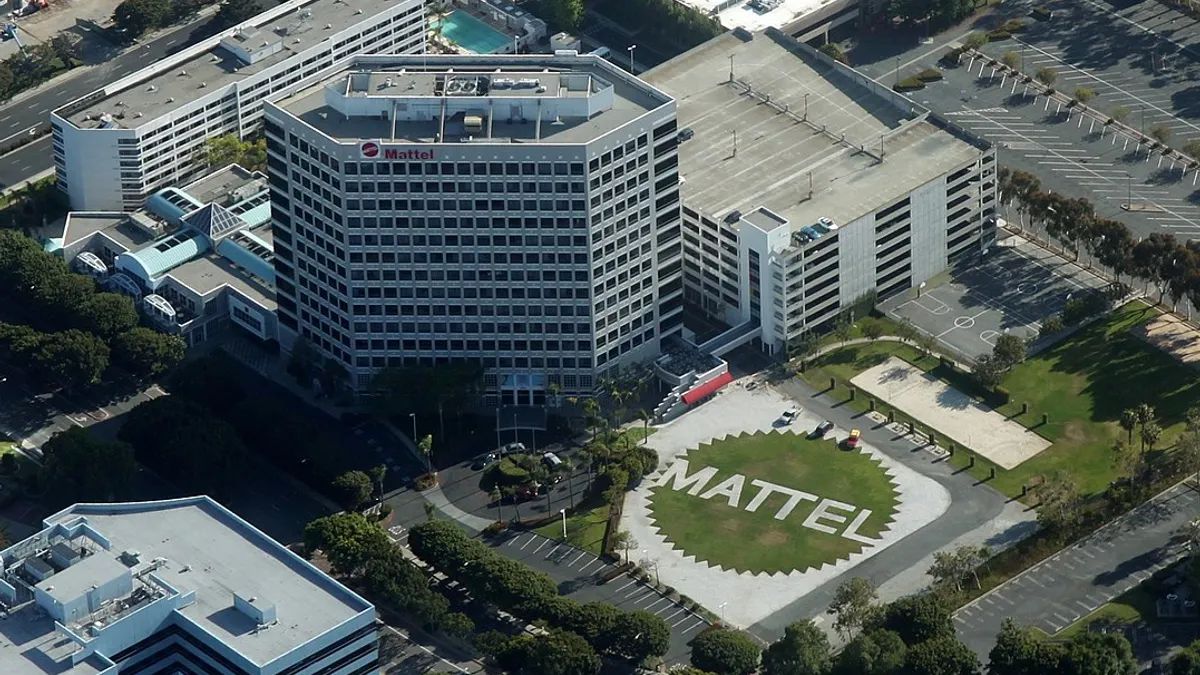Reviews have been a cornerstone of Amazon since it introduced them on its platform back in 1995.
At the time, the move was controversial, according to Rebecca Mond, head of external relations for customer trust and abuse prevention at Amazon.
“When Amazon first pioneered customer reviews, a lot of people just didn't understand why it is that Amazon would have reviews and potentially negative reviews next to a product that they are trying to sell,” Mond told sister publication CX Dive. “But this was just important to Amazon for the long-term value for a customer. We want to make sure that customers had accurate and transparent information about what it is that they were considering buying.”
Today, consumers flock to reviews before purchasing items, making it a consistent stop in their shopping journey. On Amazon, AI-powered review summaries give customers a high overview of customer feedback, and shoppers can filter their searches by star ratings.
But a new problem emerged: fake reviews.
While fake reviews have always been a risk, the difference is the scale at which this bogus feedback has spread on online platforms. Fake reviews across platforms — from Yelp to Tripadvisor to Amazon — threaten customers' ability to make what Mond calls “unregretted purchase decisions.”
Amazon is taking a four-pronged strategy to tackle the issue, beginning with its strict policies on reviews and proactive detection and followed by enforcement action and collaboration with other companies.
“It's an ever evolving issue and an ever evolving landscape,” Mond said.
Identifying fake review brokers
That landscape includes the evolution of a fake review broker industry that sells fake reviews, whether to boost a seller’s products or spread negative commentary about a competitor’s products.
“These are bad actors that are attempting to perpetrate this abuse at scale,” Mond said. “And so they are coordinating this activity offline because they want to try to do it away from our tools and detections. They go to social media sites, to encrypted chat services and work with grassroots networks of reviewers who are willing to write reviews for free products or for an incentive.”
The result is an explosion in the rates of fake customer feedback. As many as 42% of the reviews on Amazon were bogus in 2020, according to a Fakespot estimate.
Amazon takes issue with that estimate, saying Fakespot doesn’t have the full context and data around every review.
The company has begun adapting its tools to this type of activity.
“We are on these social media sites, on these encrypted chats, and we're looking for this, and then we're filing enforcement actions against these fake review brokers,” Mond said.
And as some of these fake review brokers use generative AI to produce fake reviews at scale, Amazon uses machine learning to better identify bogus customer feedback.
“What our [machine learning] is doing is they're looking at behavior patterns, how this activity is getting orchestrated behind the scenes, how the data points are connecting with one another,” Mond said.
Following its findings, Amazon took legal action against over 150 bad actors across the U.S., China and Europe that were attempting to solicit fake reviews on Amazon stores in 2023, Mond said. That year, it also proactively blocked more than 250 million suspected fake reviews from its stores.
“Ninety-nine percent of the products that are viewed in our stores do not have fake reviews, and it's because of our enforcement activities, our investigations, our proactive tools working together to address that type of activity,” Mond said.
Taking fake review brokers to court
Amazon’s enforcement actions have continued into 2024. The retailer filed a joint lawsuit with the Better Business Bureau against ReviewServiceUSA.com and coordinated with Google in filing a lawsuit against a number of individuals they said peddled fake reviews.
It’s also had some help from the federal government. The Federal Trade Commission cracked down on fake reviews, with a rule going into effect in October that bans the sale or purchase of fake reviews and levying fines of up to nearly $52,000 per violation.
While Mond says it too soon to tell how effective that rule will be, she’s encouraged by the FTC’s prioritization of the issue.
“We're certainly encouraging FTC, as well as other governments, to look at ways that they can also support the fight against fake reviews, and particularly fake review brokers,” Mond said.
Amazon believes coordination is key to stopping bad actors. The retailer launched the Coalition for Trustworthy Reviews last October, alongside companies like Tripadvisor, Glassdoor and Expedia, to share fake review brokers’ strategies, work with government agencies and develop common standards.
“If they stop doing this bad actor activity on Amazon, they could still be working on others,” Mond said. “By working together, we can really make sure that we're shutting them down to source.”
























